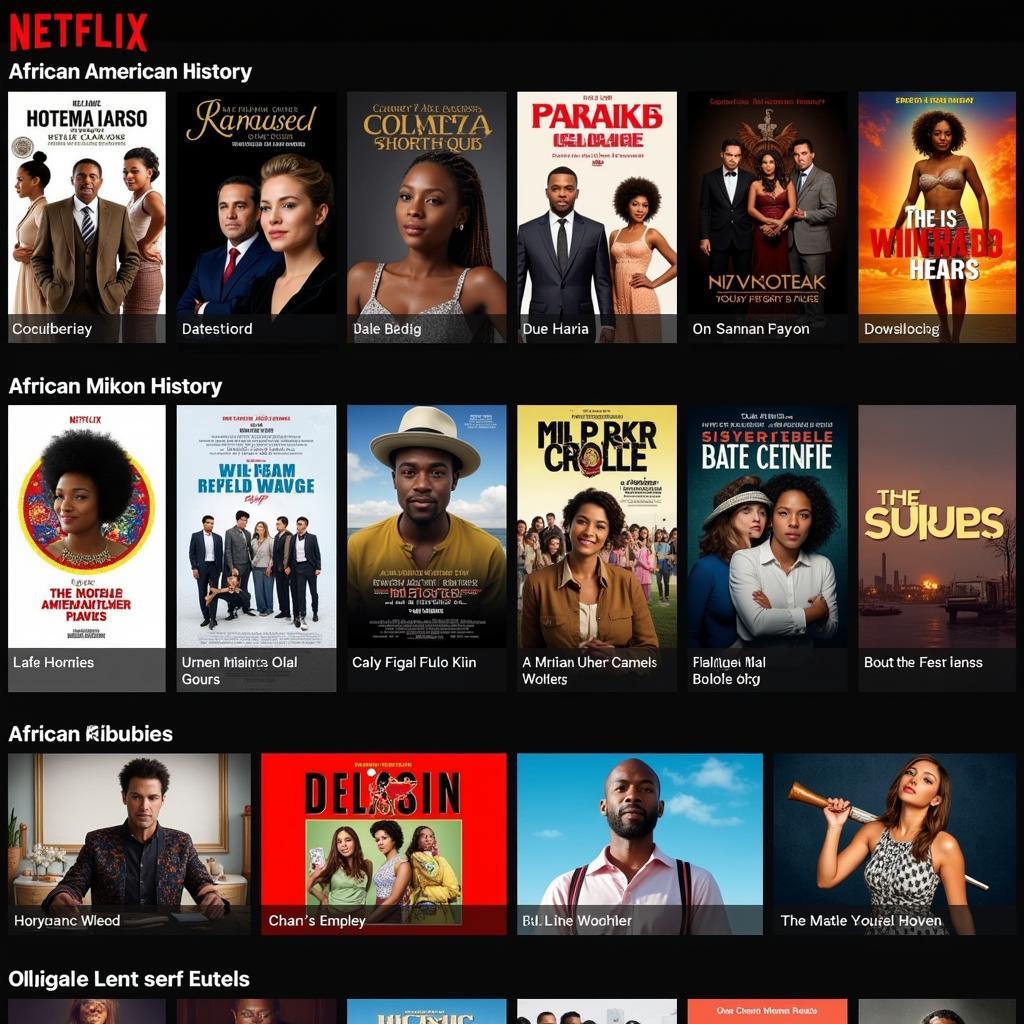Which African Country Has the Highest Currency Value?
The value of a country’s currency is a complex topic that can be influenced by various factors, including economic stability, political climate, and global market trends. However, if you’re looking for the African country with the highest currency value based on the current exchange rate, it’s Botswana.
The Botswana Pula: A Strong and Stable Currency
The Botswana Pula (BWP) is the national currency of Botswana, a country known for its stable economy and robust diamond industry. The Pula is the strongest currency in Africa and has been consistently ranked among the top currencies globally.
Factors Contributing to the Pula’s Strength
Several factors contribute to the Pula’s strength, including:
- Strong Economic Growth: Botswana has experienced sustained economic growth over the past decades, largely due to its thriving diamond industry and prudent economic policies.
- Fiscal Responsibility: The Botswana government maintains a balanced budget and has a track record of managing public debt effectively.
- Central Bank Independence: The Bank of Botswana enjoys a high level of independence, enabling it to implement sound monetary policies that support the Pula’s stability.
- Fixed Exchange Rate System: Botswana operates a fixed exchange rate system, pegged to a basket of major currencies. This system provides stability and predictability, making the Pula less susceptible to fluctuations.
How the Pula Compares to Other African Currencies
The Pula’s value is significantly higher than other African currencies. For instance, one Pula can be exchanged for:
- South African Rand: Approximately 1.18 Rand
- Nigerian Naira: About 437 Naira
- Ghanaian Cedi: Around 13.4 Cedi
- Kenyan Shilling: Roughly 116 Shilling
While the Pula is the strongest currency in Africa, it’s essential to consider that currency values can fluctuate due to various market forces.
Other African Currencies Worth Mentioning
While the Pula reigns supreme, other African currencies have demonstrated relative strength and resilience:
- South African Rand: The Rand has experienced periods of volatility but remains a relatively stable currency within the continent.
- Mauritian Rupee: Mauritius boasts a strong and diverse economy, contributing to the rupee’s resilience.
- Algerian Dinar: Algeria’s vast oil reserves and a managed exchange rate system have helped maintain the dinar’s value.
Expert Opinion:
“The strength of the Botswana Pula is a testament to the country’s sound economic fundamentals and its long-term commitment to fiscal prudence. This commitment has fostered a business-friendly environment that attracts foreign investment and propels economic growth.” – Dr. Amina Hassan, Economist and Africa Expert
Currency Value and its Impact
The value of a country’s currency can impact various aspects of its economy and society:
- Purchasing Power: A stronger currency gives citizens greater purchasing power, allowing them to buy more goods and services at home and abroad.
- Exports and Imports: A strong currency can make exports less competitive in international markets, while making imports more affordable.
- Foreign Investment: A stable and strong currency attracts foreign investors, contributing to economic growth and job creation.
It’s important to note that the currency value alone does not paint a complete picture of a country’s economic well-being. Other factors, such as GDP per capita, income inequality, and social development indicators, also play crucial roles.
Frequently Asked Questions
Q: Is the Botswana Pula the most valuable currency in the world?
A: No, the Botswana Pula is not the most valuable currency in the world. That title belongs to the Kuwaiti Dinar.
Q: Why are African currencies generally weaker than other currencies?
A: There are various reasons for this, including economic instability, political uncertainty, and reliance on commodities that experience price fluctuations.
Q: Can I use Botswana Pula in other African countries?
A: While the Pula is accepted in some neighboring countries like Namibia and South Africa, it’s generally not widely accepted in other parts of Africa.
Q: Will the Pula’s strength continue in the future?
A: The Pula’s future strength depends on various factors, including global market trends, economic policies, and the performance of the diamond industry.
Q: How can I learn more about the Pula and the Botswana economy?
A: You can visit the website of the Bank of Botswana, which provides valuable information on monetary policy, exchange rates, and economic data.
